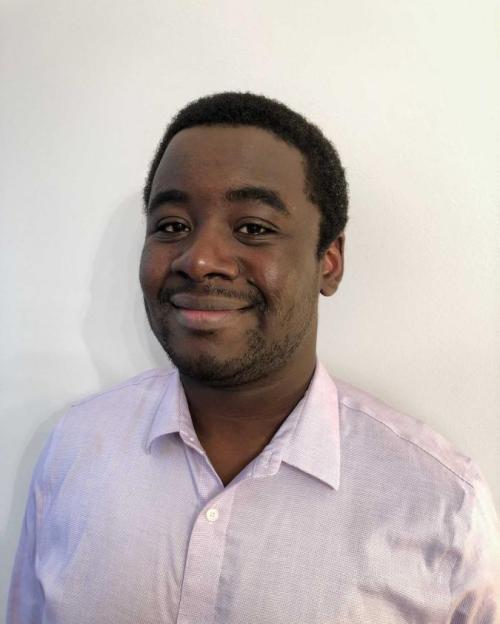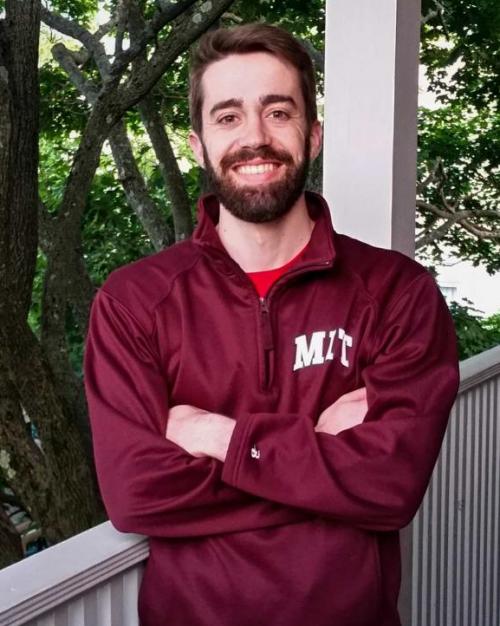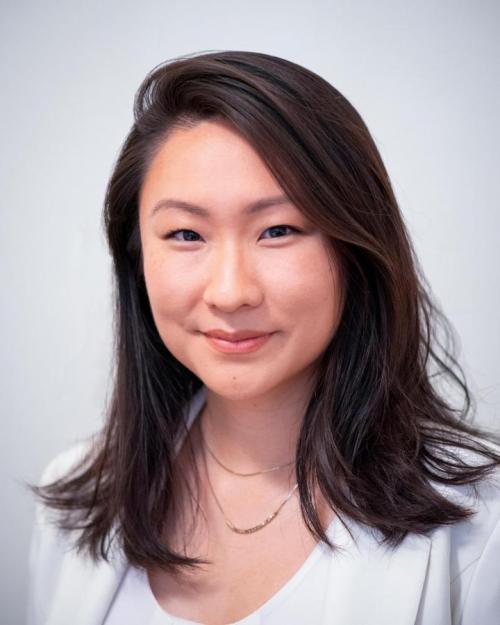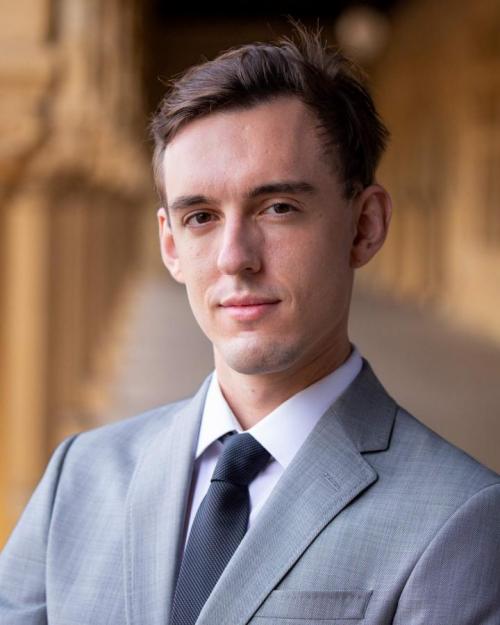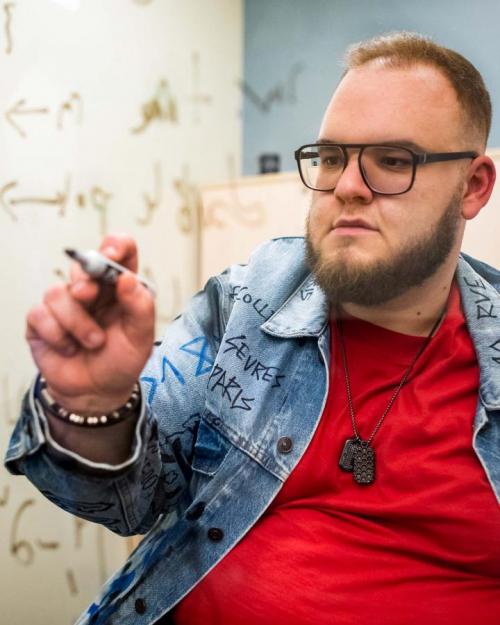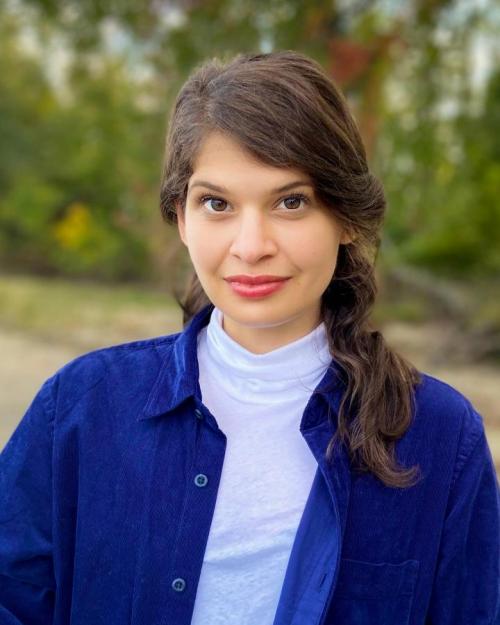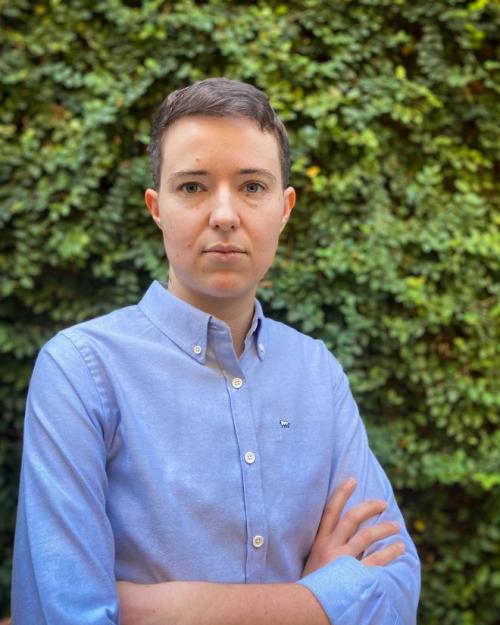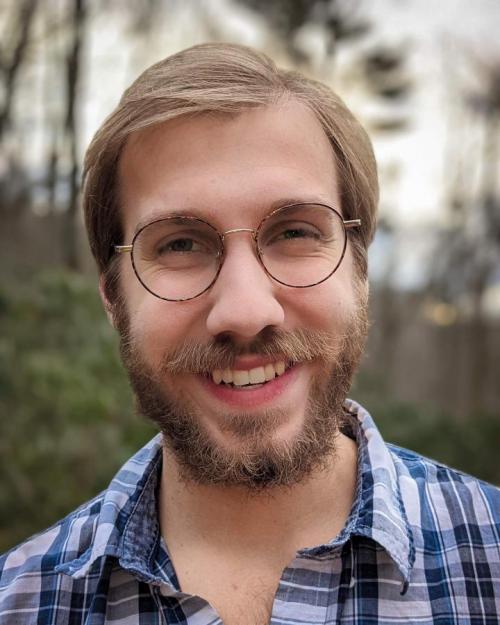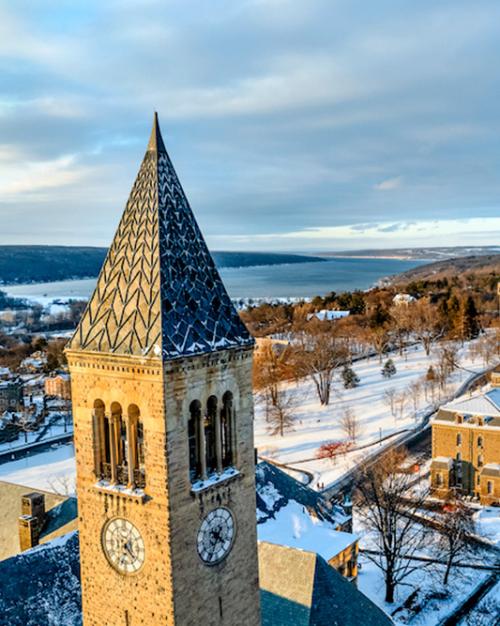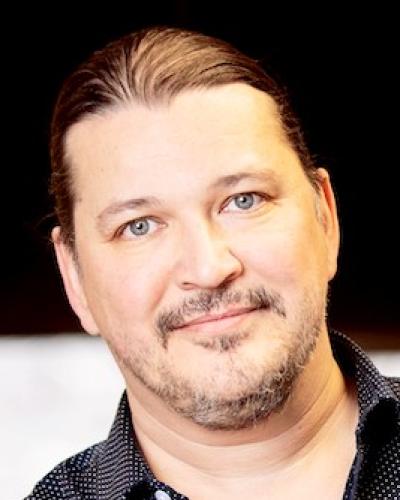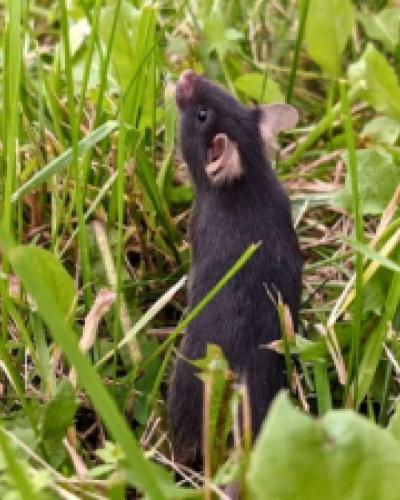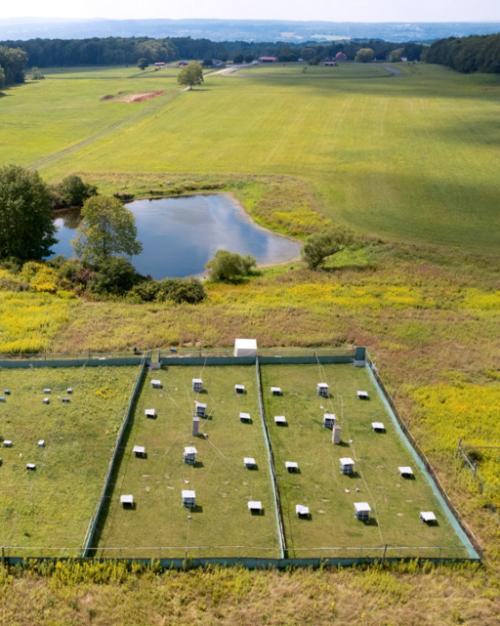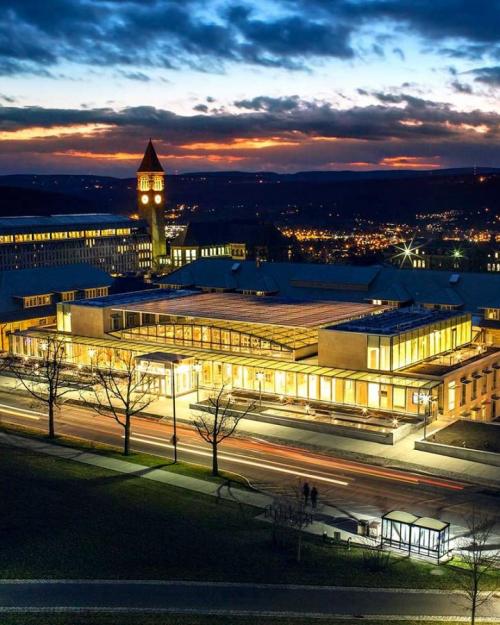The College of Arts and Sciences has selected eight exceptional early-career scholars in the sciences, social sciences and humanities to pursue independent research at Cornell as recipients of Klarman Postdoctoral Fellowships, a pilot program established in 2019.
The three-year fellowships empower a select group of extraordinarily promising scholars to investigate some of the most fascinating questions and pressing issues facing humanity. For the second consecutive year, the Klarman Fellowships drew more than 260 applicants.
“The cutting-edge ideas and creative energy that postdocs bring are key to building an intellectual environment that can attract and retain the world’s best faculty,” said Cornell President Martha E. Pollack. “The Klarman Fellowships provide Cornell with a regular supply of the sparks that ignite new thinking and new research, while providing these exceptional early-career scholars with a springboard to great careers.”
Free of other obligations, Klarman Fellows can devote themselves entirely to research of their choosing, each working with an A&S faculty mentor. The incoming cohort of fellows will explore subjects ranging from the evolution of primate lifespans to urban public art in China to the effects of uncertainty and debt on financial decision-making.
“The exciting and wide-ranging intellectual pursuits of this new cohort of Klarman Fellows match our commitment, in the College of Arts and Sciences, to curiosity-driven research and transformational collaboration,” said Ray Jayawardhana, the Harold Tanner Dean of Arts and Sciences, who led the program’s conception and launch in 2019. “I am struck by the initiative, creativity and passion of these emerging scholars, and delighted that they will contribute to, and benefit from, Cornell’s stimulating and engaging academic environment.”
The Klarman Fellows meet regularly during the academic year and for an annual symposium, and also participate in seminars and other events in their home departments. In addition, the fellows benefit from tailored opportunities for professional development, including media training and public engagement. These activities aim to support fellows’ research success, foster cross-disciplinary collaborations and enhance the broader impact of the program.
The 2021 cohort of Klarman Fellows at Cornell are:
- Toni Alimi, a Ph.D. candidate in Religion at Princeton. His book project, “Slaves of God,” based on his dissertation, studies Augustine’s justification of slavery, explains its centrality to Augustine’s ethics and politics, and shows how this understanding of slavery continues to shape our world. As a Klarman Fellow, Alimi will continue his work on premodern conceptions of slavery and their transmission to modernity, working with faculty host Charles Brittain, the Susan Linn Sage Professor of Philosophy.
- Christian Gaetz, a Ph.D. candidate in The Department of Mathematics at Massachusetts Institute of Technology. His research interests center on the mathematical field of algebraic combinatorics and its connections outside of mathematics to computer science and physics, and within mathematics to algebraic geometry and representation theory. At Cornell, he will continue developing a new approach, based on the theory of Coxeter groups, to several combinatorial problems. He will work with faculty host Karola Mészáros, associate professor of mathematics.
- Nancy Lin, a Ph.D. candidate in art history at the University of Chicago. Her research shows how art, urban social life, and the built environment mutually transformed one another at the turn of the 21st century by examining contemporary Chinese art practices that took place in city streets and construction sites. As a Klarman Fellow, she will examine how these art practices intersected with urban social groups such as migrant and middle-class workers. Her faculty host is Iftikhar Dadi, associate professor of the history of art and visual studies.
- Alejandro Martinez-Marquina, a Ph.D. candidate in economics at Stanford University. His research focuses on understanding how people make decisions. Using economists’ experimental, theoretical and empirical methods, he explores how the presence of uncertainty and the accumulation of debt affect people’s financial decisions, and he studies how preferences form and evolve in decisions both financial and general. At Cornell, he will work with Ted O’Donoghue, the Zubrow Professor of Economics.
- Richard Nally, a Ph.D. candidate in physics at Stanford University. A theoretical physicist, Nally is interested in developing new connections between string theory and arithmetic geometry, an area of math attracting renewed interest in recent years. In particular, string theory picks out certain geometric objects, called Calabi-Yau varieties, which, Nally and collaborators argue, have interesting arithmetic properties. At Cornell, Nally will continue developing connections between physics and mathematics, working with Liam McAllister, professor of physics.
- Anna Shechtman, a Yale University Alumni Fellow with a Ph.D. in English literature and film & media studies (2020) from Yale. Her book project, “The Media Concept: A Genealogy,” details the history of the media concept in the United States and its appropriation and circulation among American culture industries. As a Klarman fellow, Shechtman will work on two cultural histories about the “media” and “data” concepts, respectively, working with Jeremy Braddock, associate professor of English.
- Amalia Skilton, postdoctoral researcher at the University of Texas at Austin and previously the Max Planck Institute for Psycholinguistics. Skilton studies how children learn to direct others’ attention: are joint attention behaviors (directing others’ attention by combining gestures and words) learned from adults, or are they innate? At Cornell, Skilton will analyze data she collected in a Ticuna community in Peru, the first comprehensive study of joint attention development in a non-Western setting, to discover whether Ticuna children follow the same developmental path as children living in other social settings, working with Sarah Murray, associate professor of linguistics.
- Matthew Zipple, a Ph.D. candidate in biology at Duke University. His research explores how social relationships and behavior influence offspring survival, focusing on primates. At Cornell, he will build and test a model which connects maternal survival and offspring fitness in shaping the evolution of long lives, not just for humans and other primates, but for all animals, working with H. Kern Reeve, professor of neurobiology and behavior, and Michael Sheehan, the Nancy and Peter Meinig Family Investigator in the Life Sciences.
The Klarman Fellowships are made possible by Seth Klarman ’79, portfolio manager and CEO of Boston-based The Baupost Group, and Beth Schultz Klarman, president of The Klarman Family Foundation.

